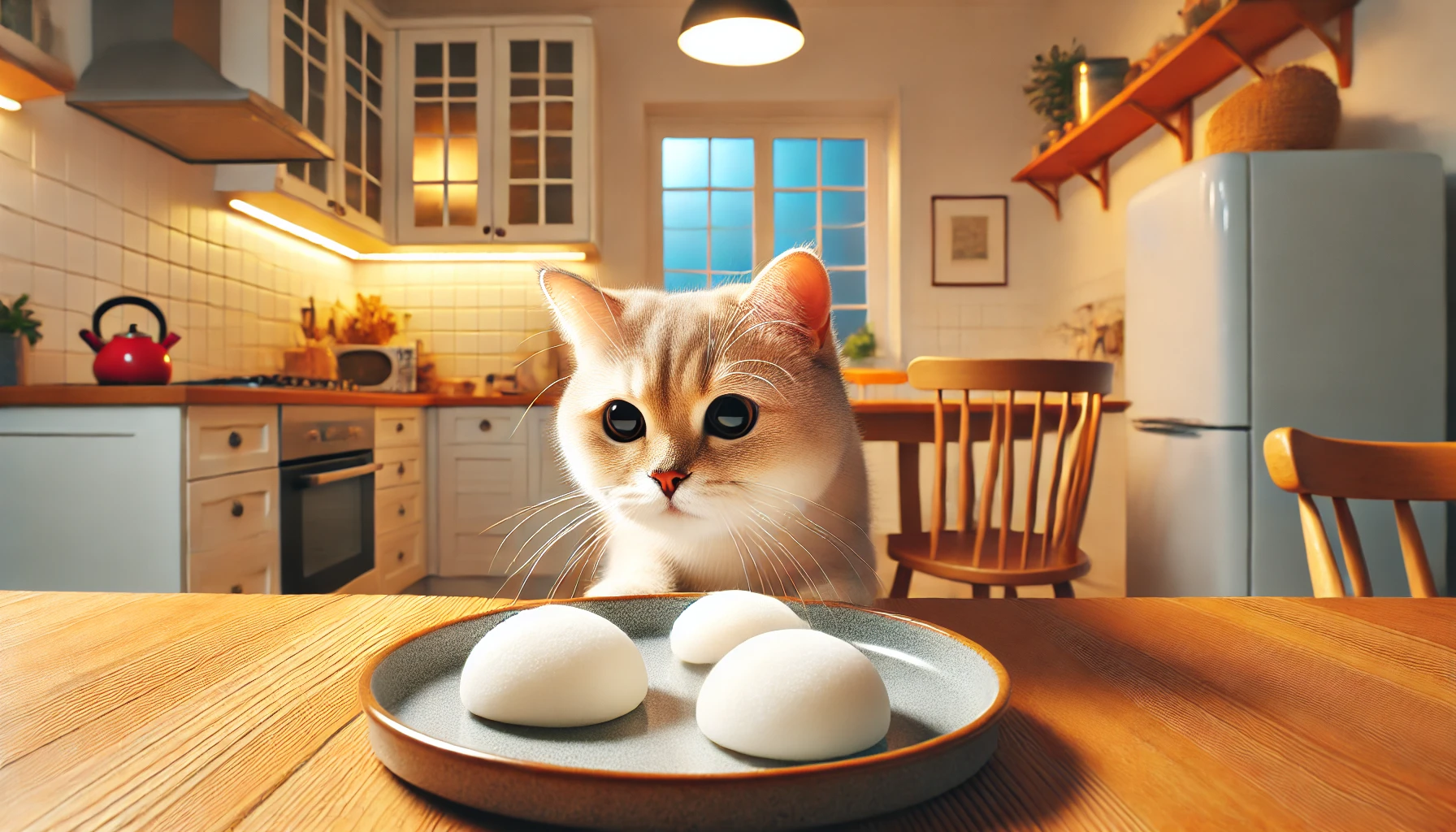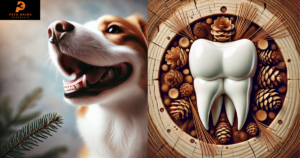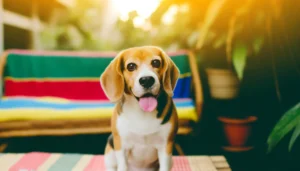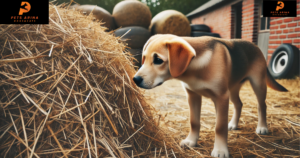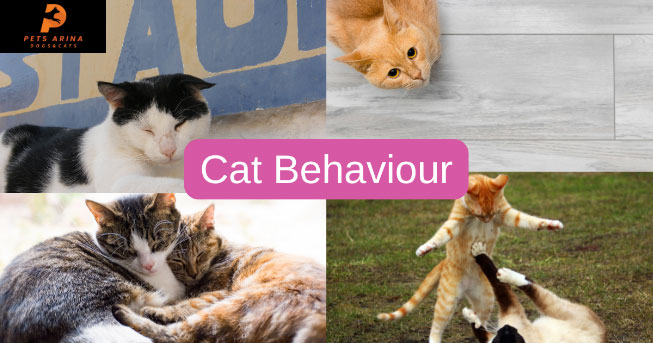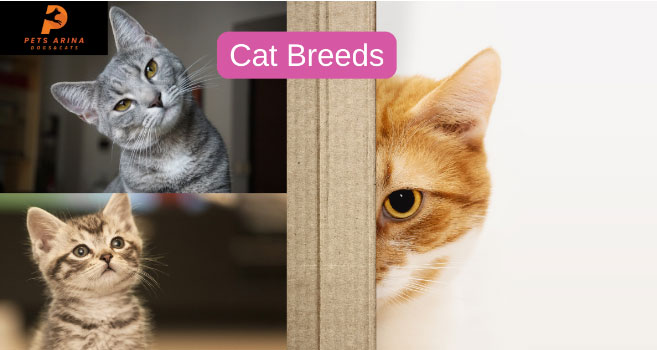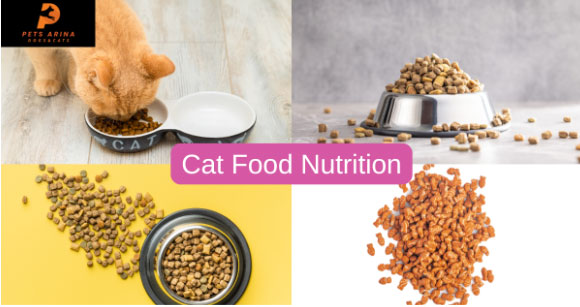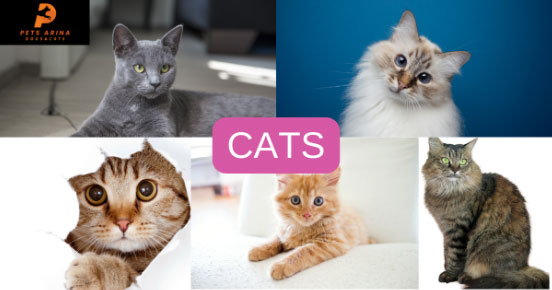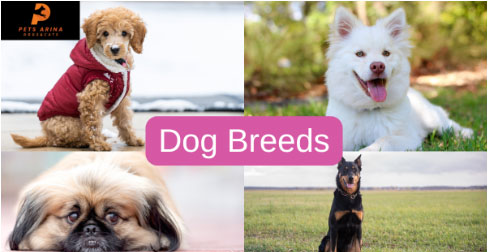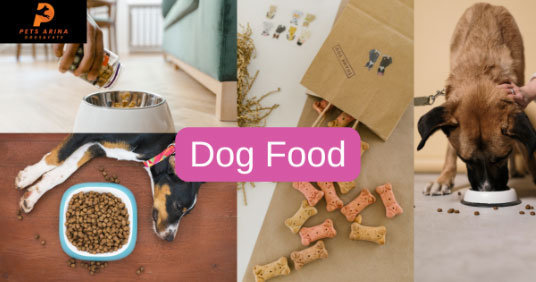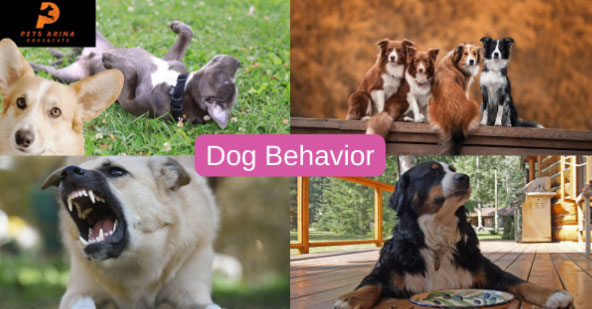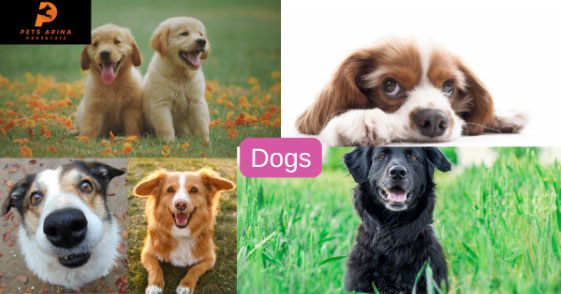Mochi is not safe for cats. Cats should not eat mochi due to the risks associated with its sticky texture, high carbohydrate content, and potential harmful ingredients.
Mochi is a traditional Japanese rice cake. This chewy and sticky rice cake made from glutinous rice is suitable for humans, but it is not safe for your cat. There are several types of mochi, such as plain mochi, sweet mochi filled with red bean paste, or even mochi ice cream. In this guide you will learn about “Is it Safe Cats Eat Mochi?”
Is it Safe Cats Eat Mochi?
Mochi has a chewy and sticky texture, which can pose choking risks for cats. This can make difficult for them for swallow.
Cats are carnivores and their digestive system are made to process meat. Mochi, which is high in carbonates, is difficult for them to digest and can cause vomiting, diarrhea, and stomach upset.
It also contains sugar, artificial flavors, and other supplements that are not suitable for cats. Mochi ice cream contains a chocolate ingredient that is toxic to cats.
See also: CAN DOGS HAVE MISO SOUP?
Common Toxic Ingredients in Mochi for Cats
1. Chocolate
Chocolate contains theobromine and caffeine, both of which are toxic to cats. This can cause various health issues.
Symptoms of Toxicity:
- Vomiting
- Diarrhea
- Rapid breathing
- Increased heart rate
- Seizures
If you see that your cat had eaten chocolate, contact your vet.
2. Artificial Sweeteners (Xylitol)
Xylitol is a artificial sweetener an it can cause insulin in cats, leading to hypoglycemia (low blood sugar).
Symptoms of Toxicity:
- Vomiting
- Loss of coordination
- Lethargy
- Seizures
If your cat ate mochi containing xylitol, contact your vet.
3. Dairy Products (Cream or Milk)
Many mochi types, like ice cream, contain dairy products. The majority of adult cats lack the ability to properly digest lactose, which is present in milk and other dairy products.
Symptoms of Toxicity:
- Diarrhea
- Stomach cramps
- Bloating
- Gas
Supervise your cat for digestive upset and consult with your vet.
4. Sugar
High sugar content is not suitable for your cat. Eating sugar that have high content of sugar can cause obesity, diabetes, and dental problems. Sugar is not toxic.
Symptoms of Overconsumption:
- Weight gain
- Hyperactivity followed by lethargy
- Increased thirst and urination (signs of diabetes)
Keep away your cat from eating sugar and give them a balanced diet.
5. Red Beans (Anko)
Anko is a sweet paste made from red beans and it is filled in a mochi. Beans are also not toxic.
Symptoms of Overconsumption:
- Digestive upset
- Weight gain
- Potential allergic reactions
6. Flavorings and Preservatives
Many mochi products contain artificial flavors and preservatives which are not suitable cats. This can cause many health issues and allergic reactions.
Symptoms of Toxicity:
- Skin irritation
- Vomiting
- Diarrhea
- Respiratory issues
Avoid cat food that contains artificial flavors.
Read also: MY DOG ATE MELATONIN GUMMIES
Safe Alternatives to Mochi for Cats
1. Commercial Cat Treats
Commercial cat treats are specifically formulated to meet the nutritional needs of cats and are free from harmful ingredients.
Examples:
- Temptations treats
- Greenies dental treats
- Blue Buffalo Wilderness treats
Benefits:
- Nutrient-rich
- Dental health support
- Convenient and easy to store
2. Cooked Meat
Cats are obligate carnivores, and cooked meat provides the protein they need without harmful additives.
Examples:
- Cooked chicken
- Cooked turkey
- Cooked beef
Benefits:
- High in protein
- Natural and unprocessed
- Easily digestible
Ensure the meat is plain, unseasoned, and free of bones. Cut into small, bite-sized pieces.
3. Fish
Fish is another excellent source of protein and omega-3 fatty acids, which are beneficial for cats.
Examples:
- Cooked salmon
- Cooked tuna
- Cooked cod
Benefits:
- Supports skin and coat health
- Rich in essential fatty acids
- Highly palatable
Serve fish cooked and plain, without seasoning or bones.
4. Catnip and Cat Grass
Catnip and cat grass are natural and safe for cats, providing enrichment and aiding digestion.
Examples:
- Fresh catnip
- Dried catnip
- Cat grass (wheatgrass)
Benefits:
- Provides mental stimulation
- Aids in digestion
- Safe and natural
Sprinkle dried catnip on toys or scratching posts, or grow fresh cat grass for them to nibble on.
5. Freeze-Dried Meat Treats
Freeze-dried treats retain the nutritional benefits of meat without added preservatives or fillers.
Examples:
- Freeze-dried chicken
- Freeze-dried duck
- Freeze-dried salmon
Benefits:
- High in protein
- Long shelf life
- No artificial additives
Offer small pieces as treats or sprinkle over regular food for added flavor.
6. Plain, Cooked Eggs
Eggs are a good source of protein and can be a healthy treat when cooked without added fats or seasonings.
Examples:
- Scrambled eggs
- Boiled eggs
Benefits:
- Protein-rich
- Easily digestible
- Nutrient-dense
Cook the eggs thoroughly and serve in small, manageable pieces.
7. Vegetables
Certain vegetables can be a safe and healthy treat for cats, providing vitamins and fiber.
Examples:
- Cooked carrots
- Cooked pumpkin
- Cooked peas
Benefits:
- Supports digestive health
- Provides vitamins and minerals
- Low in calories
Serve cooked and plain, without seasoning or butter.
See also: CAN DOGS EAT TAJIN?
FAQ’s
Is sugar in mochi bad for cats?
Yes, high sugar content can lead to obesity, diabetes, and dental problems in cats.
Should I give my cat any human food?
Plain cooked meat are acceptable for cats.
Are there specific types of mochi that are safer for cats?
Plain mochi will be risky for cats.
What Happens If a Cat Eats Mochi?
A cat that eats mochi may become uncomfortable in its stomach, vomiting up and having diarrhea.
Final Words
Mochi is very good food for humans but it is not safe or healthy for cats. The risks associated with its sticky texture, high carbohydrate content, and potential harmful ingredients.
Keep mochi and other treats out of your cat’s reach. Because it contains toxic ingredients that are not suitable for your dogs.
Giving your cat a cat-specific balanced diet will maintain their healthy life. If you have seen that your cat ate mochi, consult your vet.

